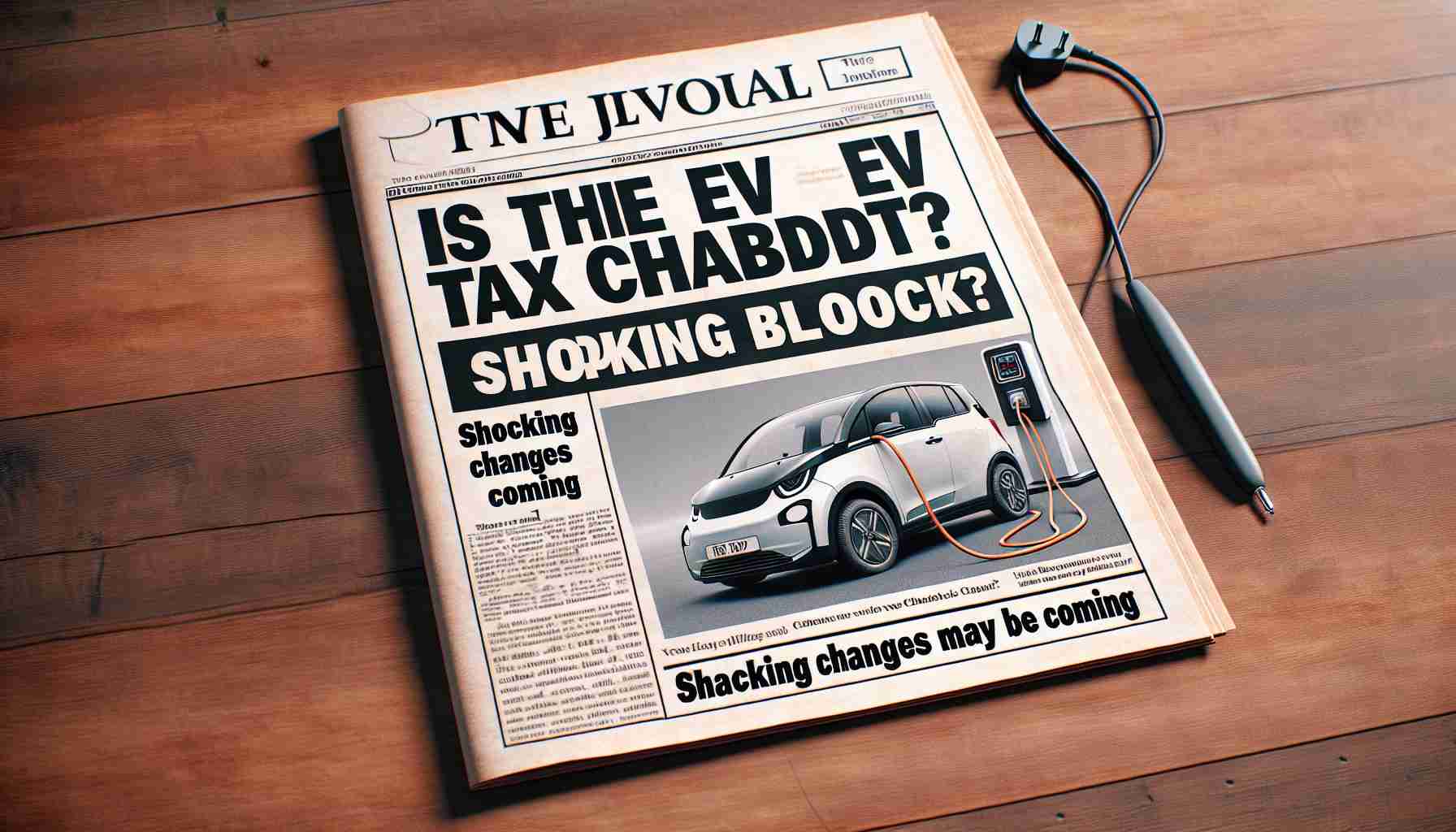Exciting News for Electric Vehicle Enthusiasts! Five models from Hyundai, Kia, and Genesis are now eligible for the US’s enticing $7,500 electric vehicle tax credit, making them more accessible to potential buyers. This latest update includes famous models such as the Hyundai Ioniq 5 and the Kia EV9, further expanding the list to 25 EVs and plug-in hybrids from various brands that meet the criteria.
Under current regulations initiated by the Biden Administration, only vehicles manufactured in North America can qualify for this credit. Additionally, there are strict guidelines concerning battery components sourcing. After a contentious period in 2022, Hyundai and Kia responded to legislative changes by establishing a $7.6 billion manufacturing facility in Georgia, allowing their new models to meet federal requirements.
However, uncertainty looms ahead. With the anticipated arrival of a new presidential administration, there are worries that the tax incentive could face serious alterations. The President-elect, during the campaign, expressed intentions to eliminate these incentives right from the first day in office. Although American car manufacturers have lobbied for the continuation of these benefits, potential changes could still emerge.
For buyers eyeing the 2025 tax season, relief may still be at hand as long as Congress doesn’t act to abolish the program. With many possibilities ahead, staying informed will be crucial for anyone considering an electric vehicle purchase.
Maximize Your Savings: The Future of Electric Vehicle Tax Credits
Exciting Developments in Electric Vehicle Tax Credits
The landscape for electric vehicles (EVs) in the United States is undergoing significant changes as more models qualify for the coveted $7,500 federal tax credit. This is crucial for consumers looking to invest in electric mobility, as these incentives continue to play a vital role in lowering the upfront costs of electric vehicles, ultimately promoting a greener future.
Key Models Now Eligible
Currently, five models from Hyundai, Kia, and Genesis are recognized for this initiative, which notably includes the acclaimed Hyundai Ioniq 5 and the upcoming Kia EV9. This expansion now brings the total to 25 eligible vehicles, fostering greater competition in the market.
How the Tax Credit Works
– Eligibility Criteria: The tax credit applies to electric and plug-in hybrid vehicles that are predominantly manufactured in North America, alongside strict requirements for battery component sourcing.
– Manufacturing Investments: To comply with these regulations, Hyundai and Kia have made substantial investments, including a $7.6 billion manufacturing facility in Georgia, enhancing their ability to produce qualifying vehicles domestically.
Pros and Cons of the Electric Vehicle Tax Credit
Pros:
1. Cost Savings: The $7,500 tax credit significantly reduces the total cost of purchasing an electric vehicle.
2. Increased Accessibility: More models qualifying for the credit makes EVs more accessible to a wider audience.
3. Environmental Benefits: Encourages the adoption of cleaner transportation options.
Cons:
1. Uncertain Future: With potential changes in the political landscape, there is uncertainty about the program’s longevity.
2. Regulatory Complexity: Navigating the eligibility criteria can be challenging for consumers.
3. Dependency on Manufacturing: The reliance on domestic production may limit choices for consumers looking for specific international models.
Market Trends and Predictions
As the electric vehicle market evolves, several trends are becoming apparent:
– Increasing Consumer Adoption: A growing awareness of environmental issues is driving consumer interest in EVs.
– Technological Innovations: Advancements in battery technology and charging infrastructure will further enhance the appeal of electric vehicles.
– Legislative Influence: Future political decisions could significantly impact the availability and extent of tax credits, making it essential for potential buyers to stay informed.
Stay Informed for Future Savings
For those considering a new electric vehicle purchase, it is crucial to remain updated about the evolving tax credit landscape. With the next tax season on the horizon and industry advocacy from American manufacturers urging for the continuation of these incentives, there is hope that the current benefits will remain intact.
Conclusion
With exciting models entering the market and new tax incentives in place, now is an opportune time for consumers to consider switching to electric vehicles. However, it’s equally important to remain aware of the political and regulatory factors that could influence these incentives in the future.
For more information on electric vehicles and the latest news in the automotive industry, visit Hyundai, Kia, and Genesis.













